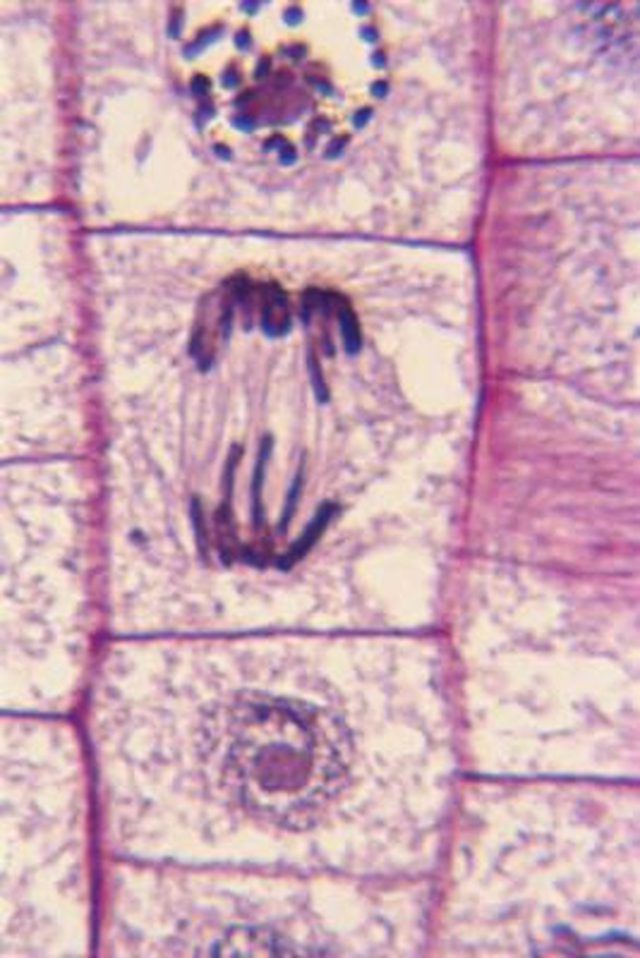Bulbs
Flower Basics
Flower Beds & Specialty Gardens
Flower Garden
Garden Furniture
Garden Gnomes
Garden Seeds
Garden Sheds
Garden Statues
Garden Tools & Supplies
Gardening Basics
Green & Organic
Groundcovers & Vines
Growing Annuals
Growing Basil
Growing Beans
Growing Berries
Growing Blueberries
Growing Cactus
Growing Corn
Growing Cotton
Growing Edibles
Growing Flowers
Growing Garlic
Growing Grapes
Growing Grass
Growing Herbs
Growing Jasmine
Growing Mint
Growing Mushrooms
Orchids
Growing Peanuts
Growing Perennials
Growing Plants
Growing Rosemary
Growing Roses
Growing Strawberries
Growing Sunflowers
Growing Thyme
Growing Tomatoes
Growing Tulips
Growing Vegetables
Herb Basics
Herb Garden
Indoor Growing
Landscaping Basics
Landscaping Patios
Landscaping Plants
Landscaping Shrubs
Landscaping Trees
Landscaping Walks & Pathways
Lawn Basics
Lawn Maintenance
Lawn Mowers
Lawn Ornaments
Lawn Planting
Lawn Tools
Outdoor Growing
Overall Landscape Planning
Pests, Weeds & Problems
Plant Basics
Rock Garden
Rose Garden
Shrubs
Soil
Specialty Gardens
Trees
Vegetable Garden
Yard Maintenance
Are There Chromosomes in Plant Cells?
Are There Chromosomes in Plant Cells?. DNA in plants and other organisms is packaged into structures called chromosomes. Chromosomes are found in the nucleus of the plant cell. The structure of the chromatin that makes up chromosomes is important in regulation of gene expression.

DNA in plants and other organisms is packaged into structures called chromosomes. Chromosomes are found in the nucleus of the plant cell. The structure of the chromatin that makes up chromosomes is important in regulation of gene expression.
Types
The number of chromosomes and the amount of DNA in a plant cell varies depending on the species. According to the Harvard University Gazette, the onion, for example, has a genome 12 times as large as the human genome. Some plants have two copies of each chromosome just like humans, while other plants have three, four, five or even six copies of all their chromosomes.
Features
Like animal chromosomes and unlike bacterial chromosomes, plant chromosomes are linear. Plant chromosomes are composed of chromatin, a combination of proteins and DNA. A strand of DNA winds around a core of histone proteins to form a nucleosome, a little like a bead on a string. Nucleosomes are in turn arranged into larger arrays or fibers that form the chromosome.
Significance
Changes in chromatin structure can help determine which genes are expressed in a given cell; if the chromatin in a given region is tightly packed, the proteins that transcribe DNA may not be able to access genes in that region, so the genes may be suppressed or "silenced."